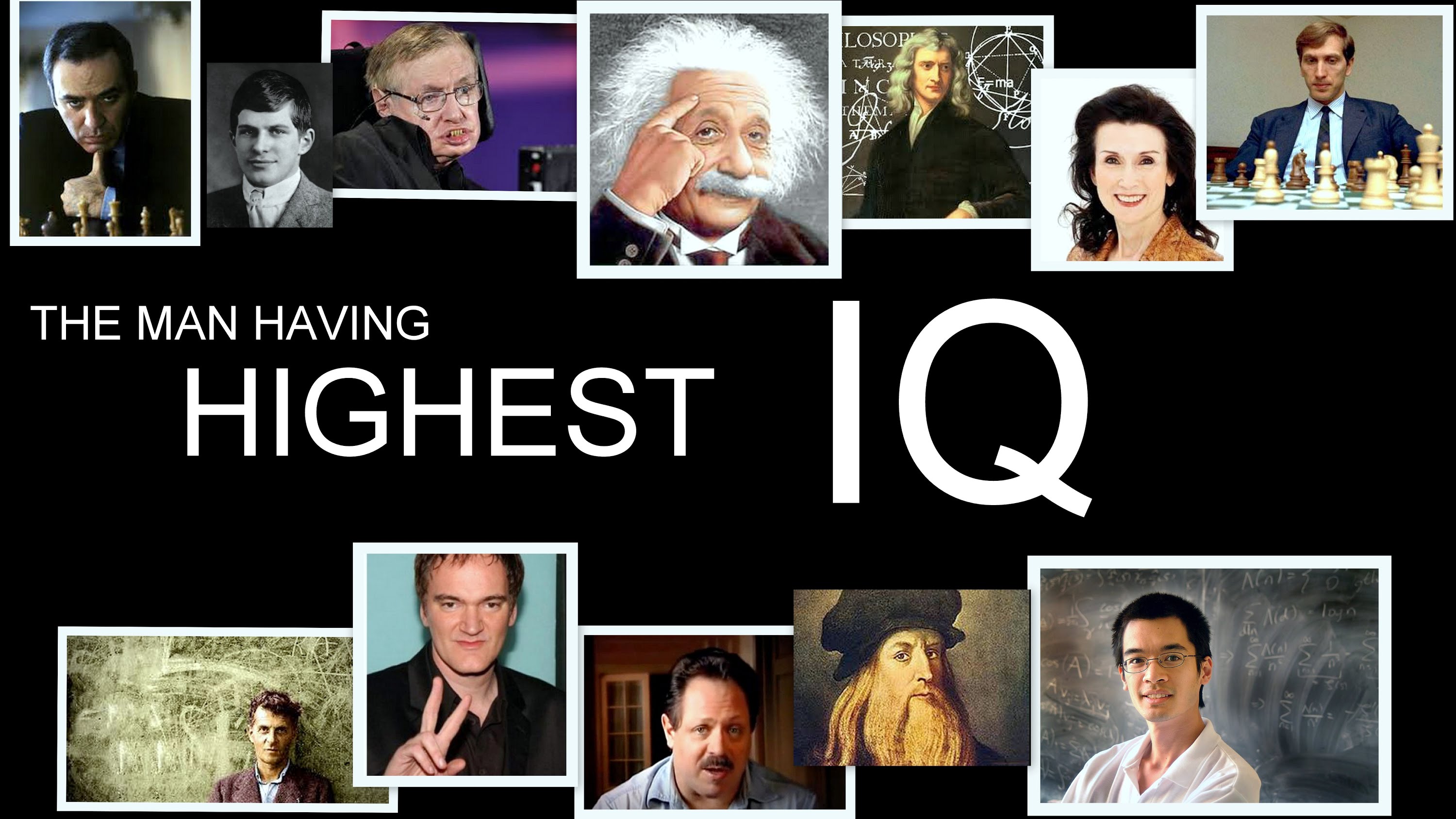
Three British children were declared smarter than Albert Einstein and Stephen Hawking in 2015. 10-year-old Aahil Jouher from Blackburn, 12-year-olds Nicole Barr and Lydia Sebastian from Essex all scored a perfect 162 on their Mensa IQ test. In the first quarter of 2016, 11-year-olds Kashmea Wahi, Kian Hamer, and Aum Amin joined the elite group of top 1% of the world’s smartest folks and became one of the youngest and brainiest students in the UK. All these kids achieved the highest score of 162 out of 162; both Einstein and Hawking are thought to have an IQ of 160.
However, there are multiple inconsistencies with the claim that these geniuses are the world’s next great thinkers.
@TalibKweli in the immortal words of Stephen Hawking: “I don’t know [my IQ] people who boast about their IQs are losers”
— Empress Sudol (@EmpressSudol) June 1, 2016
Point #1
How do you outsmart famed scientists like Einstein and Hawking when it’s very hard, if not impossible, to say what their IQs are? Ann Clarkson, communications manager at British Mensa, tells TODAY.com:
“The 160 score attributed to Einstein and Hawking is a bit of an urban myth — there is no evidence Einstein ever took a test, and if Hawking has he has certainly never revealed the results. The 160 score is an estimate only — and prompts an entirely different debate about the difference between IQ and genius. Having a very high IQ [only] indicates that you have strong cognitive agility, can make quick connections, spot patterns and deftly apply logic.”
Point #2
How do you measure intelligence when there are different tests for those under 18 and those above 18? Since only children can get a score higher than 161 because that is the maximum IQ score for an adult, it would not be possible for 18-year-olds Einstein or Hawking to score that high even if they had taken Mensa’s test. The High IQ Society’s website explains:
“IQ tests are age adjusted, basically to take account of youth and inexperience (under 18) or age and diminishing speed. The reason is that, as we get older, diminishing speed and spatial awareness are balanced by having more knowledge and experience to draw on to solve problems. Keeping your mind active as you grow older will help maintain your cognitive faculties, although of course degenerative brain conditions can affect this.”
Point #3
What does an incredibly high IQ score even mean? When you hear a kid is smarter than Einstein or Hawking, know that it’s a matter of relativity. It is, in fact, preposterous and unfair to claim that children with high IQs are or will be better or smarter than Einstein or Hawking at using their brains. Clarkson concludes:
“There are many Mensa members who will tell you they are hopeless at math. There is actually little real math involved in IQ tests — where numbers are present, the test is asking you to identify patterns and sequences, not do complex calculations or apply mathematical formulas.
“An IQ test assesses cognitive aptitude rather than learned knowledge, so it cannot be [studied] for in the traditional way. Practicing IQ-style puzzles before a test can help the candidate feel more prepared and more relaxed and improve performance slightly, but there is no evidence that intensive practice can significantly improve IQ.”
Point #4
Is it all about intelligence? A number of studies have found that subjects who are promised monetary rewards for doing well on IQ and other cognitive tests score significantly higher. In trying to explore the relationship between motivation, IQ scores, and life success, a 2011 study conducted at the University of Pennsylvania concluded that IQ tests are measuring much more than just raw intelligence – they also measure how badly subjects want to succeed both on the test and later in life.
Angela Lee Duckworth, lead author of the study, remarked:
“The study has important social policy implications. I hope that social scientists, educators, and policy makers turn a more critical eye to any kind of measure, intelligence or otherwise. How hard people try could be as important to success in life as intellectual ability itself.”
This article (Kids with Highest IQs Possibly NOT Smarter than Einstein and Hawking) is a free and open source. You have permission to republish this article under a Creative Commons license with attribution to the author and AnonHQ.com.






The IQ tests are relative to intelligence methods, brain thoughts methods and society and guess what society is more approached to criativity and media and imagination brought by the computers. people nowadays have more contact with information than in the past
Since the cultural bias of iq tests was taken into examination several other different facets of intelligence have been identified in almost a dozen different categories.
Nonsese, the Mensa possible score goes much higher than 161 for adults.